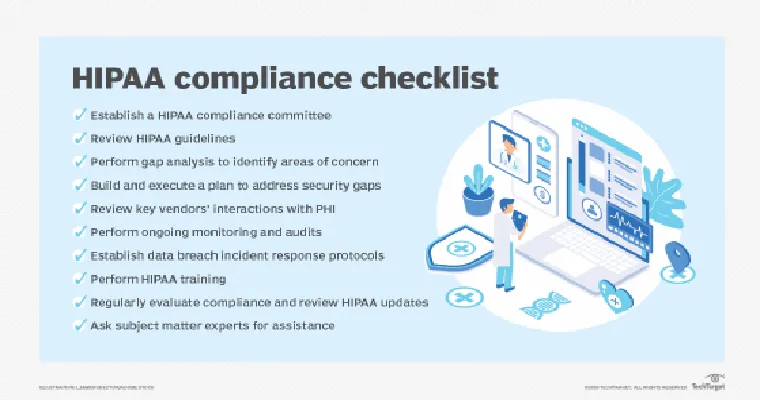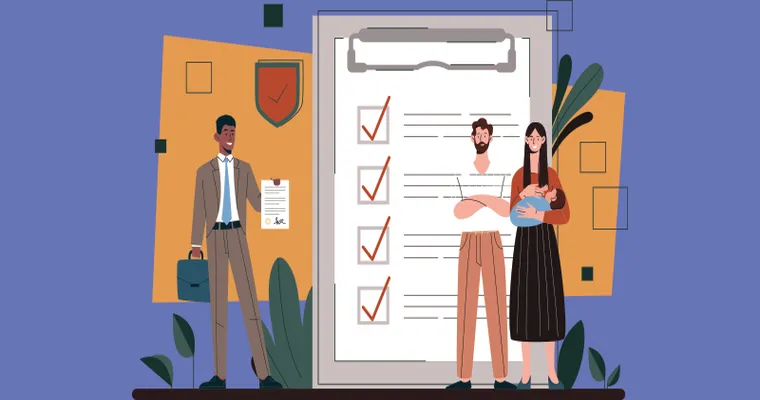In the realm of healthcare, "HIPAA" (Health Insurance Portability and Accountability Act) plays a crucial role in ensuring the "privacy" and "security" of patient information. However, while it is designed to protect the rights of patients, it can sometimes create barriers for "loan officers" (LOs) seeking necessary "treatment" for their mental and physical health. This article explores the delicate balance between privacy protection and access to care under HIPAA regulations, particularly for LOs who often face unique stressors in their profession.
Understanding HIPAA is essential for both healthcare providers and patients. The legislation was enacted to safeguard sensitive health information from unauthorized access and disclosure. While this is undoubtedly beneficial in maintaining patient "confidentiality", it can also complicate the process for LOs who may require treatment for stress, anxiety, or other health challenges stemming from their demanding jobs.
One of the primary concerns for loan officers is the stigma associated with seeking mental health treatment. Many LOs fear that disclosing their need for help may jeopardize their careers or lead to discrimination within their workplace. Under HIPAA, any information related to a patient's mental health treatment is strictly protected, which can be a double-edged sword. While this protection should provide a sense of security, it can also contribute to the fear of judgment, ultimately preventing LOs from pursuing the care they deserve.
Moreover, the rigid guidelines of HIPAA can create obstacles in communication between LOs and healthcare providers. For example, if an LO is seeking therapy or counseling, their ability to share relevant information with their providers may be limited. This lack of open communication can hinder the development of effective treatment plans, as providers may not have a complete understanding of the LOs' circumstances. In this way, while HIPAA aims to protect privacy, it can inadvertently obstruct access to the very resources that LOs need to thrive.
Additionally, the financial implications of seeking treatment can be significant. Many LOs are independent contractors or work on commission, which means that taking time off for treatment can lead to a loss of income. The fear of financial instability may deter them from seeking help, further exacerbating their mental and physical health issues. HIPAA’s regulations, while well-intentioned, do not address these economic pressures, leaving LOs in a precarious position.
To navigate these challenges, LOs must be proactive in understanding their rights under HIPAA. They should educate themselves about what information can be shared and with whom, ensuring that they can advocate for their needs without compromising their privacy. Furthermore, fostering a workplace culture that encourages open discussions about mental health can help reduce the stigma and promote a healthier environment for LOs.
In conclusion, while HIPAA is a vital framework for protecting the "privacy" of patients, it can sometimes hinder "loan officers" from obtaining the "treatment" they need and deserve. By understanding the intricacies of HIPAA and advocating for better communication and support in the workplace, LOs can work towards overcoming these barriers, ultimately leading to improved mental and physical health outcomes. Balancing privacy with access to care is essential for ensuring that LOs can thrive both personally and professionally.





